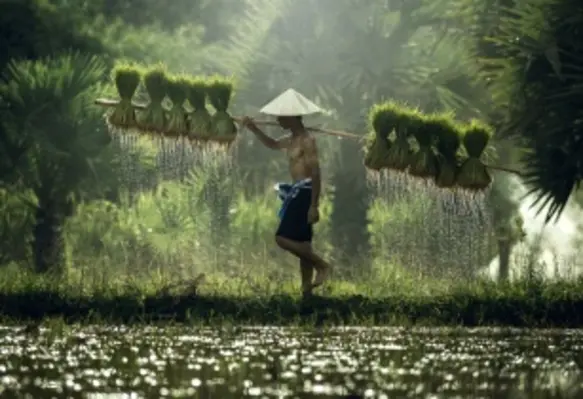On October 4, the Chief Economic Minister of Indonesia announced that the country had planned to extend the export levy waiver on edible palm oil to the end of this year
Agriculture
MARD holds conference to implement action plan for green growth in Vietnam

MARD holds conference to implement action plan for the National Strategy on Green Growth in Vietnam (Image source: Adobe Stock)
On 30 September 2022, a conference was held in Hanoi by the Ministry of Agriculture and Rural Development to implement an action plan for the National Strategy on Green Growth for the 2021-2030 period
Smaller crop but greater variety predicted for VOG’s apple crop
VOG Consortium has predicted that there will be a slightly smaller crop but with an increase in most innovative varieties and organic output in the 2022/23 apple seas
Cargill launches its first digital business studio in Asia
Cargill is partnering with the Singapore Economic Development Board (EDB) to launch its first digital business studio in Asia
ADB and De Heus sign deal to support Cambodian agriculture
The Asian Development Bank (ADB) and De Heus TMH Company Limited have signed a US$15mn loan to boost Cambodia’s agricultural feed sector




